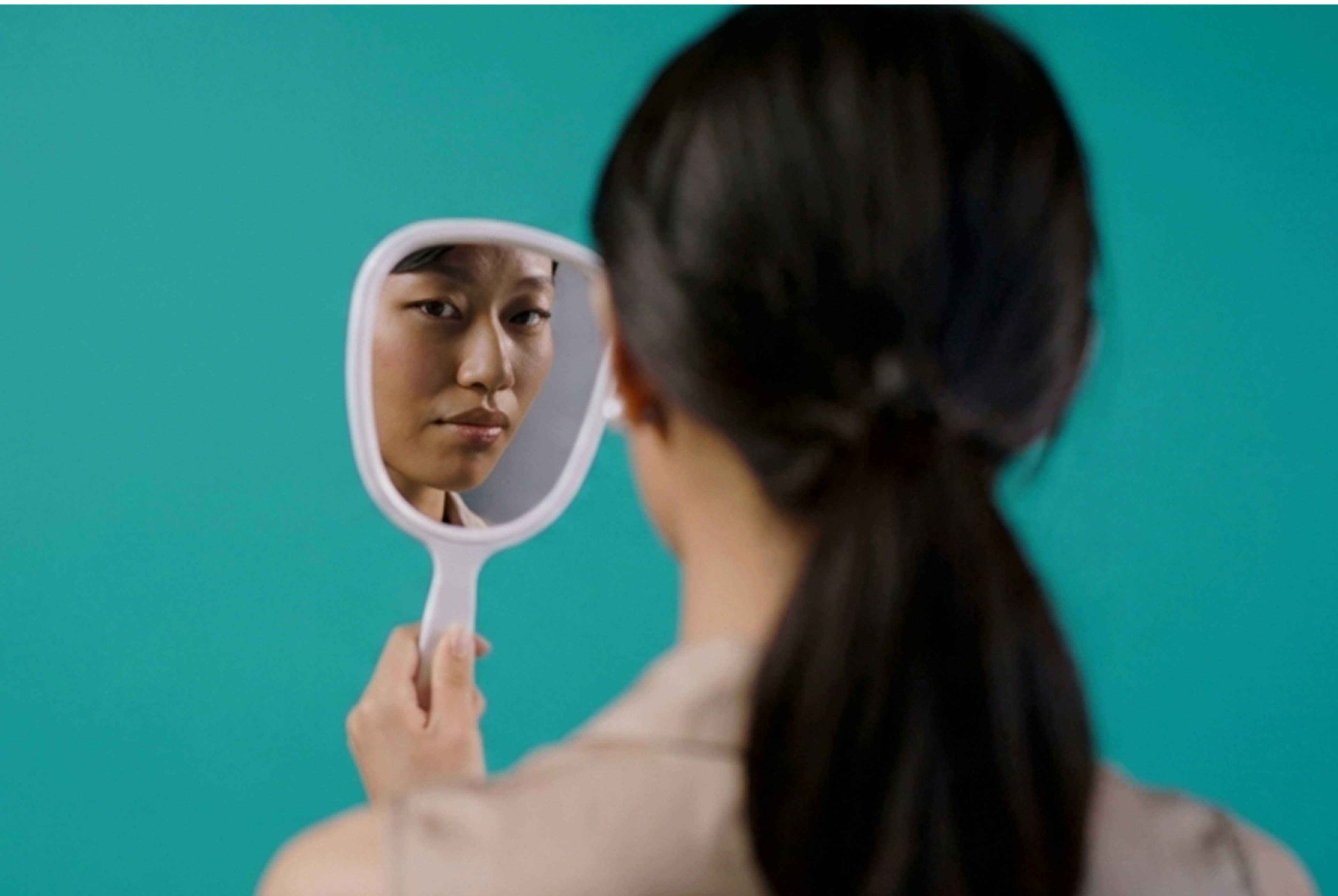

Disordered eating doesn’t just affect women—males account for one in three eating disorders—yet too often, men’s experiences are overlooked or misunderstood. Equip’s latest research, based on a survey of over 1,000 men across the U.S., takes a hard look at how fitness culture, social media, and societal stigma are shaping disordered behaviors in men—and why many are still suffering in silence.
Below, we unpack the survey’s findings, including key takeaways on exercise habits, supplement culture, treatment barriers, and the growing influence of social media. We also share direct insights from men who bravely opened up about their mental health struggles, and offer recommendations for where we go from here.
Understanding the goals behind the research
This study was designed to explore three critical areas:
- The relationship between fitness culture and disordered eating behaviors like cutting, bulking, and compulsive exercise.
- The influence of social media and fitness influencers on male body image and supplement use.
- The reasons men avoid or delay seeking treatment, including stigma and access issues.
Who we surveyed
We heard from 1,027 men from diverse backgrounds:
- Age: 18–29 (27%), 30–39 (36%), 40–49 (25%), 50–55 (11%)
- Race: 72% white, 17% Black
- 14% identify as LGBTQIA+
- 17% have received an eating disorder diagnosis; 11% are unsure if they have one
- 25% have sought help for body image or eating disorder concerns
What we found
We learned a lot from our survey, but there were three main themes.
1. Disordered behaviors often hide in plain sight
From skipping meals to “work off” food to obsessively working out despite injury, disordered eating and exercise behaviors are being normalized—especially within fitness culture.
- 76% of men said they feel anxious about missing a workout
- 59% exercise to compensate for eating
- 49% have avoided social situations due to body concerns
- More than 25% have intentionally bulked or cut
These behaviors are often framed as “discipline,” but they signal deeper mental health concerns that too often go ignored.
“Pushing yourself too much to the point of fitness/gym obsession can create problems and do more damage than good.” – 30–39 y/o bisexual respondent
2. Social media & supplements are reinforcing harmful ideals
Social media is fueling distorted perceptions of what a “fit” male body should look like. This distorted body ideal is pushing men toward unsustainable and dangerous habits—often without questioning the safety or science behind them.
- Nearly 50% of respondents couldn’t tell when an image was photoshopped
- 38% said they’ve skipped meals to afford gym memberships or supplements
- 65% agreed that working out for hours a day is a sign of discipline
“There’s a lack of focus on mental health in the fitness conversation. It’s often just about physical appearance.” – 18–29 y/o white respondent
3. Stigma is still a strong barrier to getting help
Even as disordered eating behaviors increase among men, most aren’t seeking support. The reasons are complex—but stigma is a clear driver. On a more positive note, almost half of respondents acknowledged that eating disorders don’t just affect girls and women—but society and many providers haven’t caught up: the cultural silence around male body image and eating disorders is leading to delays in care—and missed opportunities for early intervention.
- Only 25% of respondents have ever sought help
- More than half who didn’t seek help said they “didn’t think the issue was severe enough”
- 49% agreed that eating disorders are not just a women’s issue
“Men are conditioned by society to not speak of body image issues because it is seen as a sign of weakness.” – 40–49 y/o white respondent
Where do we go from here?
This research is a wake-up call. Disordered eating among men isn’t rare. It’s just rarely recognized—and even more rarely addressed. To change that, we must:
- Normalize conversations about male body image: Break the silence and challenge the idea that disordered eating is only a women’s issue.
- Reframe “discipline” in fitness culture: Encourage healthy habits, not harmful extremes. Help men recognize when “grind culture” becomes a red flag.
- Regulate supplement marketing and misinformation: With so many turning to unverified online sources, it’s critical to hold influencers and brands accountable for promoting unsafe or misleading content.
- Expand and tailor treatment options: Men deserve care that acknowledges their unique experiences—including those in the LGBTQIA+ and BIPOC communities.
At Equip, we’re proud to not only be conducting research like this, but also to offer inclusive, individualized care that supports patients of all gender identities. If you’re concerned about yourself or a loved one, don’t wait to reach out for help.Schedule a call with an Equip team member today.







